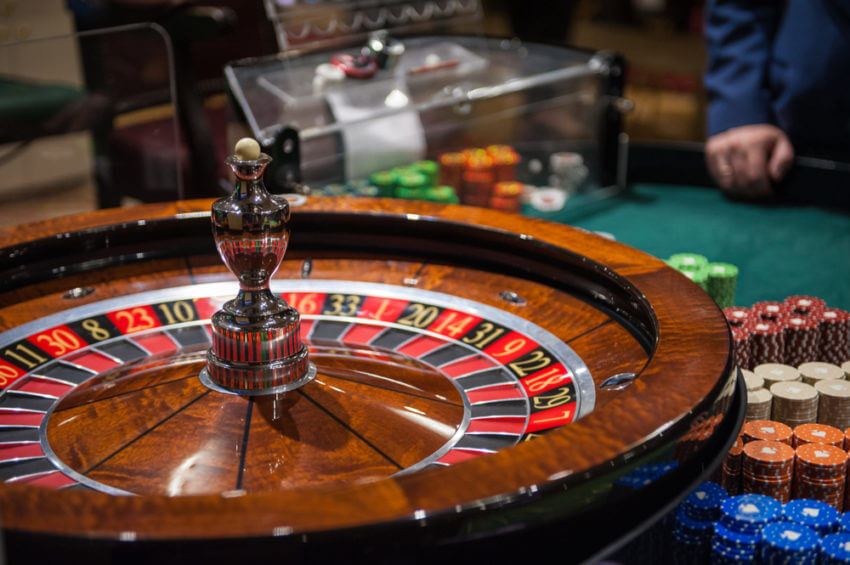Everyone knows that casinos generate a lot of money. Due to the risky nature of gambling, as well as the considerable daily expenses of running a casino, however, there is also always the possibility that they can lose a lot of money too.
So, to ensure that they never run at a loss, casinos have a way to keep the odds, and therefore the profits, stacked in their favour.
This inbuilt safeguard is called the “house edge”, and is a common method employed by casinos all over the world.
What is the House Edge?
Also known as the house advantage, or “vigorish” in some parts of the world, house edge is the determined statistical advantage that a gambling game has over players, over time, in terms of how much they win or lose. It ensures that a certain percentage of the bets that a player makes during the length of a game will always be returned to the casino.
How does It Work?
Every type of game in a casino has its own rules, mechanics, and betting odds. Along with cost of running it, paying staff, and so on, this generally determines the house edge for a particular game.
An automated machine, such as a slot machine, for instance, utilizes a device called a “random number generator” which, as its name implies, is used to generate the random combinations of symbols for the slot machine each time the button is pressed. With a certain amount of stop combinations possible, the house edge for that particular machine will be programmed into the random number generator to lessen the amount of winning combinations. This will insure a certain percentage of loss.

With the game of roulette, the house edge is determined according to the statistical odds of the player choosing 1 of 37 possible stops on the wheel, making the odds of winning 1 in 37. The house payout, for example, will be set to 35 to 1, making the house edge 2.7%.
In certain games that involve a skill element, however, such as poker or blackjack, sufficiently skilled players can potentially reduce or eliminate the house edge. Such players are generally known as “advantage players”.
Why is It Important to Know?
Knowing the house edge of a game not only informs the player of their average loss, but also how much each game pays out over its lifespan, and which offers the best returns. In effect, games that have a high house edge will accordingly pay out less, on average, over time, than a game with a low house edge. Players can therefore used it as a reliable guide to determine which games are at a suitable level of risk vs. reward, and potentially avoid leaving the casino empty handed.
House edge is not the only factor that determines a player’s average loss, however. Other factors include the average size bets, speed of play, and general self-discipline.
The general formula for average loss is as follows:
(Size of bet per round) x (house edge) x (number of rounds per hour) x (number of hours played .
